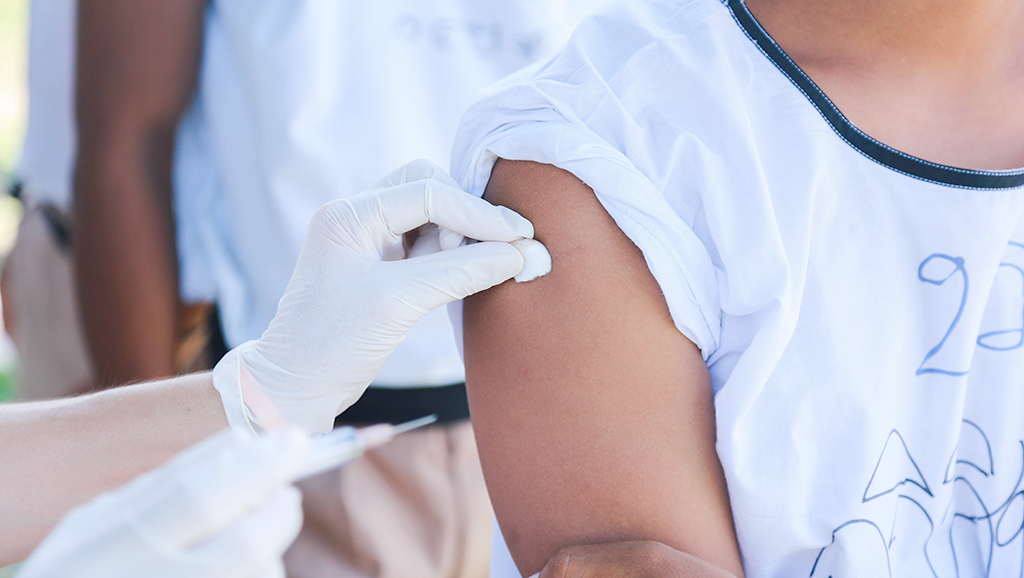There has been a lot in the news recently about epidemics – why did Ebola get out of control so fast? Will we suffer a world-wide flu epidemic and what about emerging problems like MERS and Lassa Fever?
At the start of this year an organisation was launched to lead the way, the Coalition for Epidemic Preparedness Innovations (CEPI). Its mission is to bring politicians, academics, drug firms and philanthropists together to help prepare for the next epidemic.
It was launched at the World Economic Forum in Davos, and is backed with $620m (£466m) from the governments of Norway, Germany, Japan, Canada, Belgium and Australia and the world’s two largest health charities the Wellcome Trust and the Bill and Melinda Gates Foundation. It is working to establish a lab and distribution infrastructure and access funds needed to rapidly develop vaccines in a crisis.
Much has been written about the range of solutions to treating infectious diseases, as well as controlling them – for infectious diseases like Ebola will always exist. Indeed, Ebola was first identified in 1976, but the outbreak, which killed over 10,000 people, happened decades later in 2004/05, which goes to show that it is as much about the spread of such diseases and how they are handled, as the treatment or vaccine.
Sanitation has a role to play in all of this. The countries that have suffered the most from Ebola and other such epidemics, are poor countries – particularly in Africa and many Asian countries. Where there is poverty, there is lack of infrastructure and often lack of clean water of any kind.
We’re not just talking about clean water to drink, but also for washing, for toilets and for hospitals. If clean water was available to sanitise hands, clothes and equipment, this would reduce the spread of diseases.
This is why we’re working on developing a fully operational prototype of our Aqua21 water sensor and treatment technology to go into areas of Africa to provide clean and safe water to communities that currently cannot access it.
With our miniaturised and low-cost ozonation technology, dirty water can be made safe at point of use. There does not need to be a large and expensive water treatment plant built, nor masses of pipework and infrastructure. But simply wherever there is water, we can bring the technology to treat it to drinking standard – or even to a biocidal standard to kill bacteria.
It may come as no surprise that we have had interest from the Bill and Melinda Gates Foundation, as well as other African aid charities, who want to trial this technology in situ.
We are seeking investment and funding to get this to a fully commercial stage, and you might like to take a look around the rest of the website to see the other potential uses and markets for Aqua21 technology.

